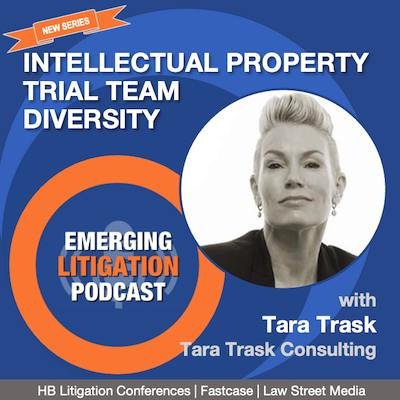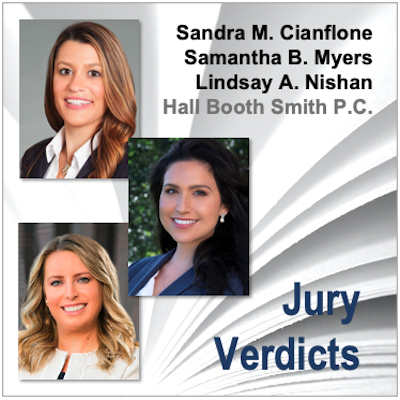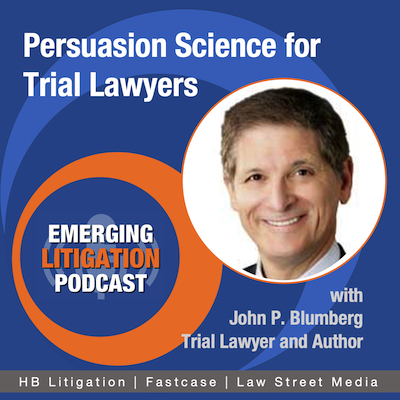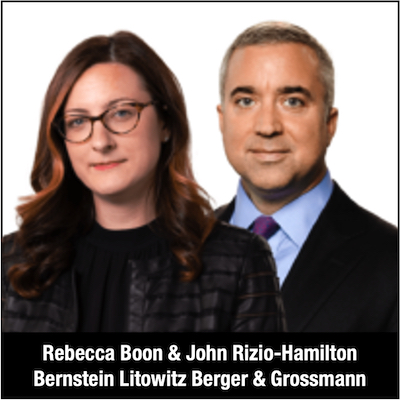From Socks to Strategy: What Zoom Focus Groups Reveal About Your Case with Elizabeth Larrick
Trial attorney and litigation consultant Elizabeth Larrick shares what more than 1,000 virtual focus groups have taught her about trial prep, from testing case narratives to refining jury selection. In this episode of the Emerging Litigation Podcast, discover how Zoom-based sessions reveal surprising insights into witness credibility, evidence presentation, and what really resonates with jurors—yes, even their take on orange socks.







